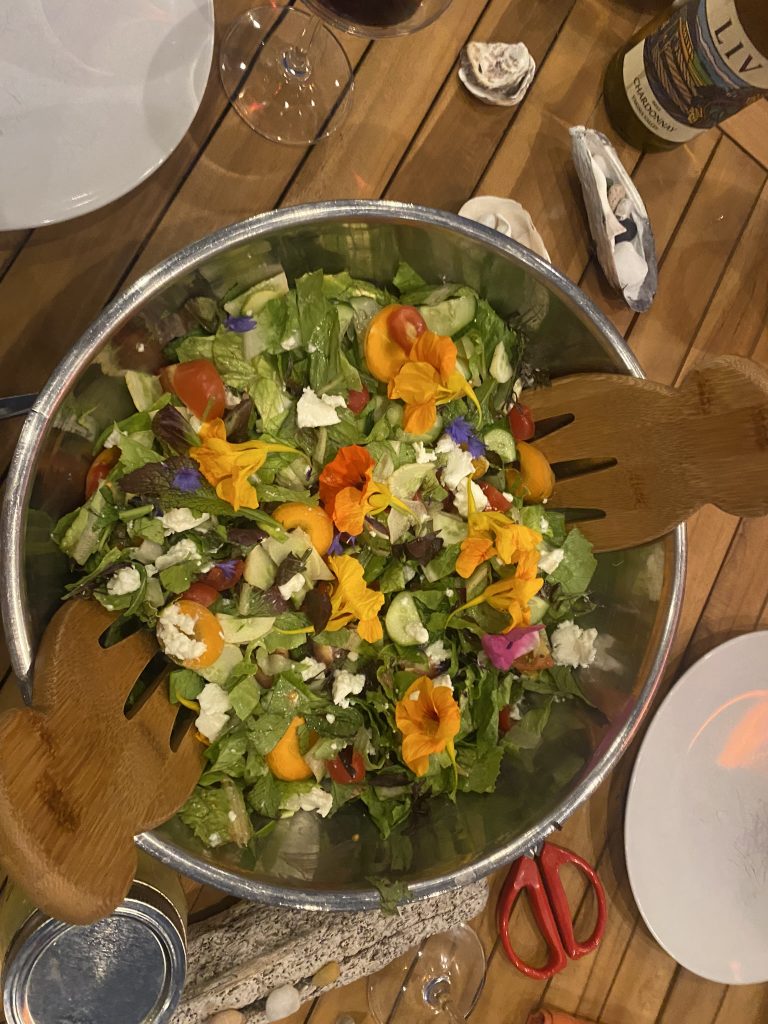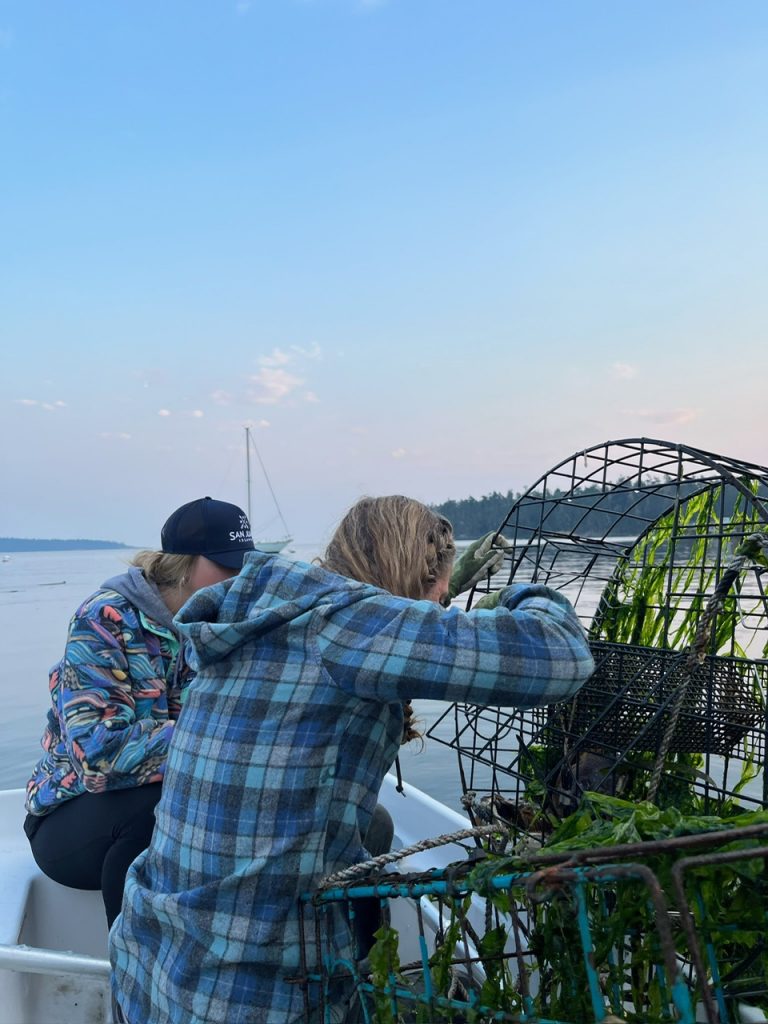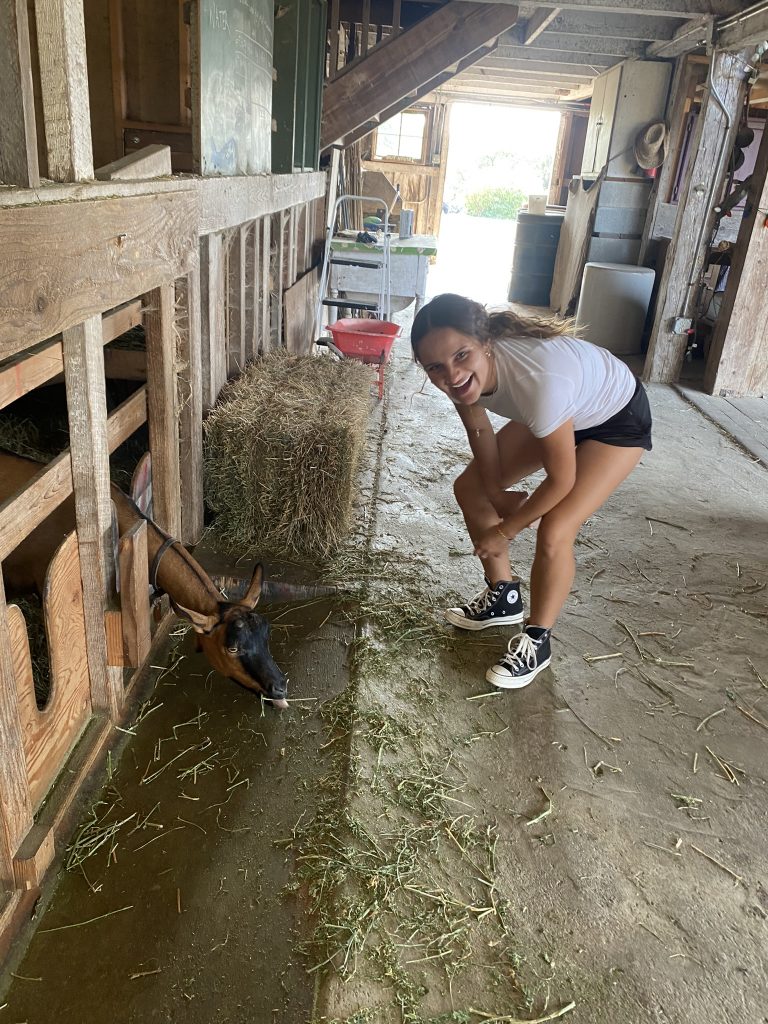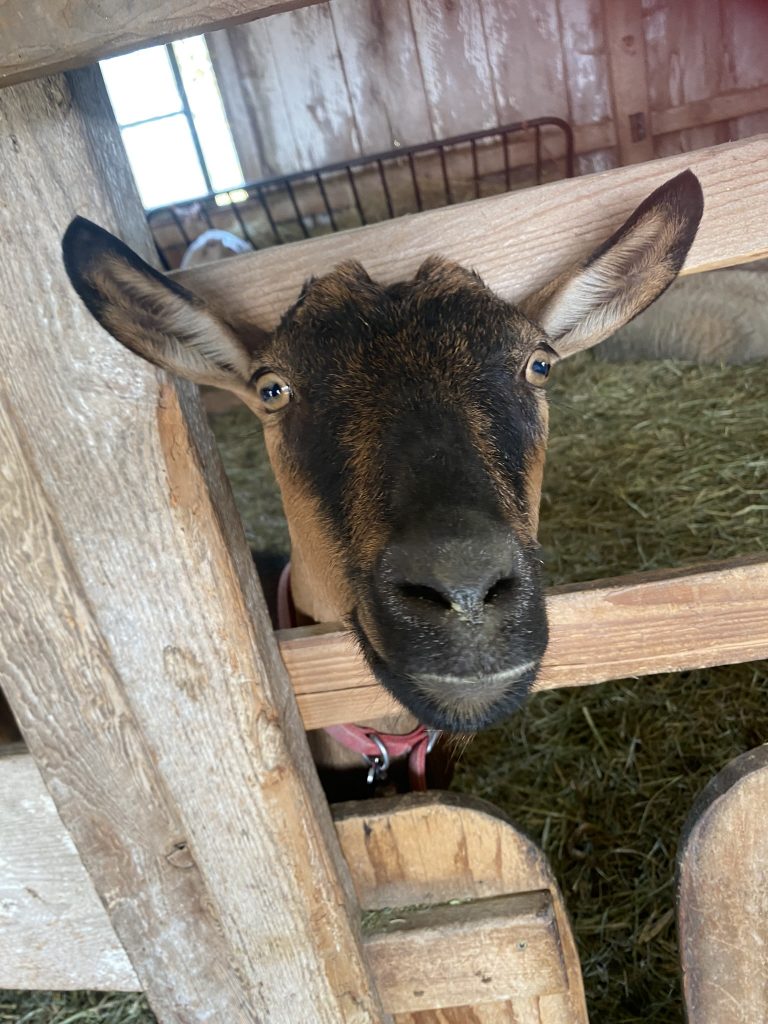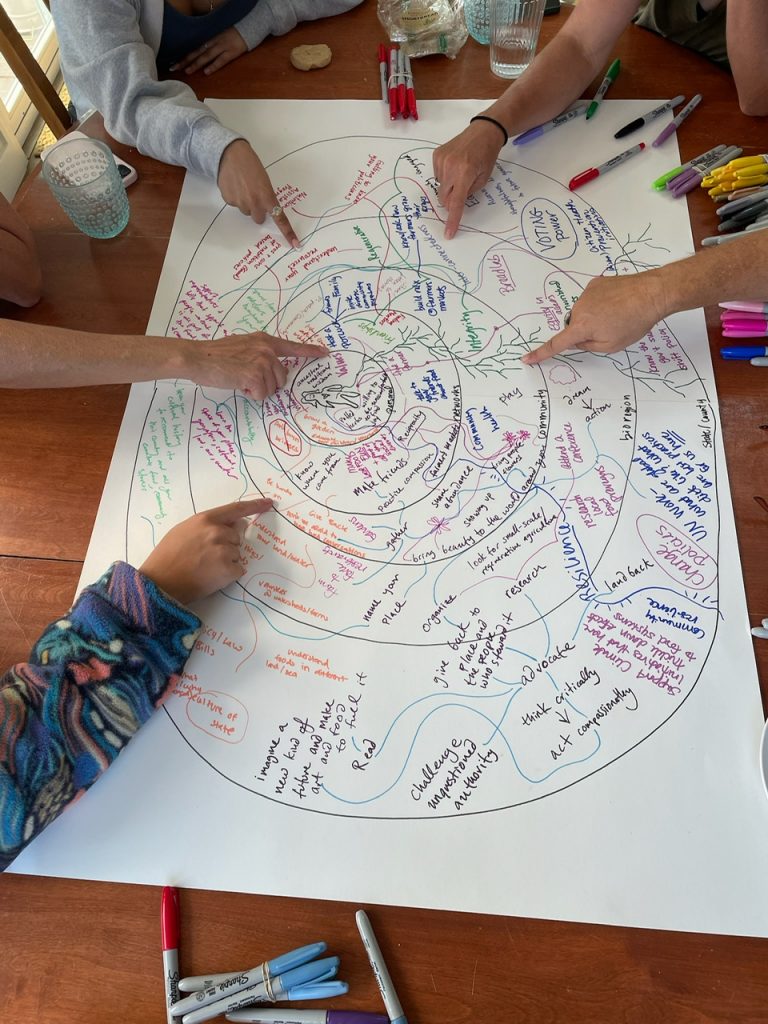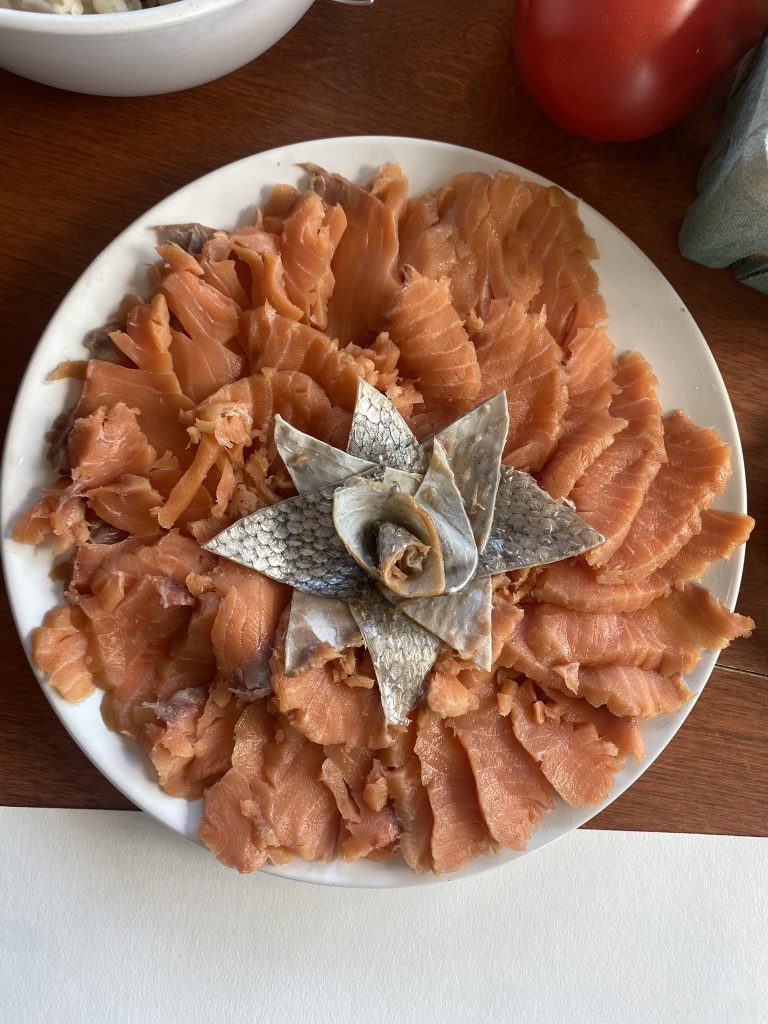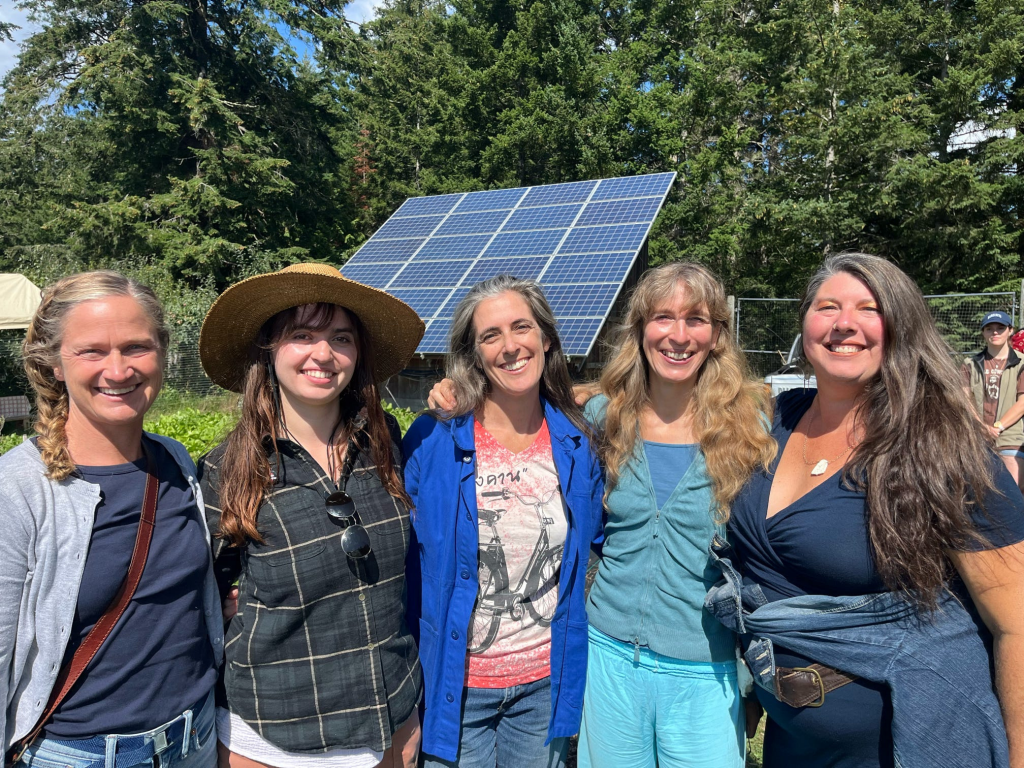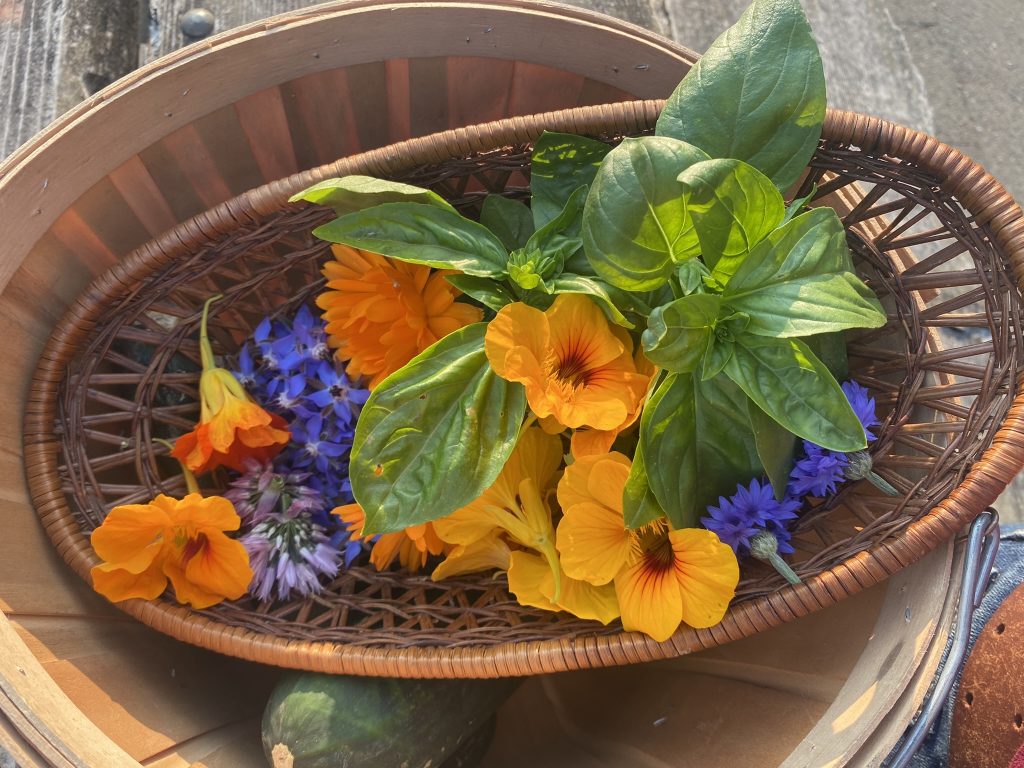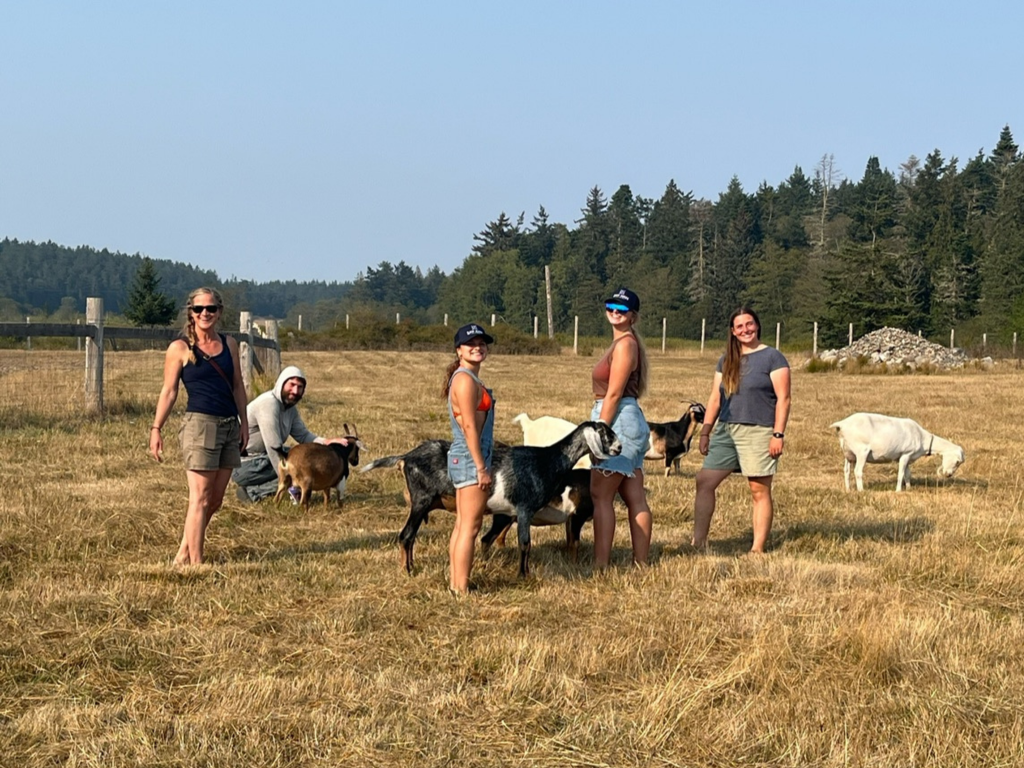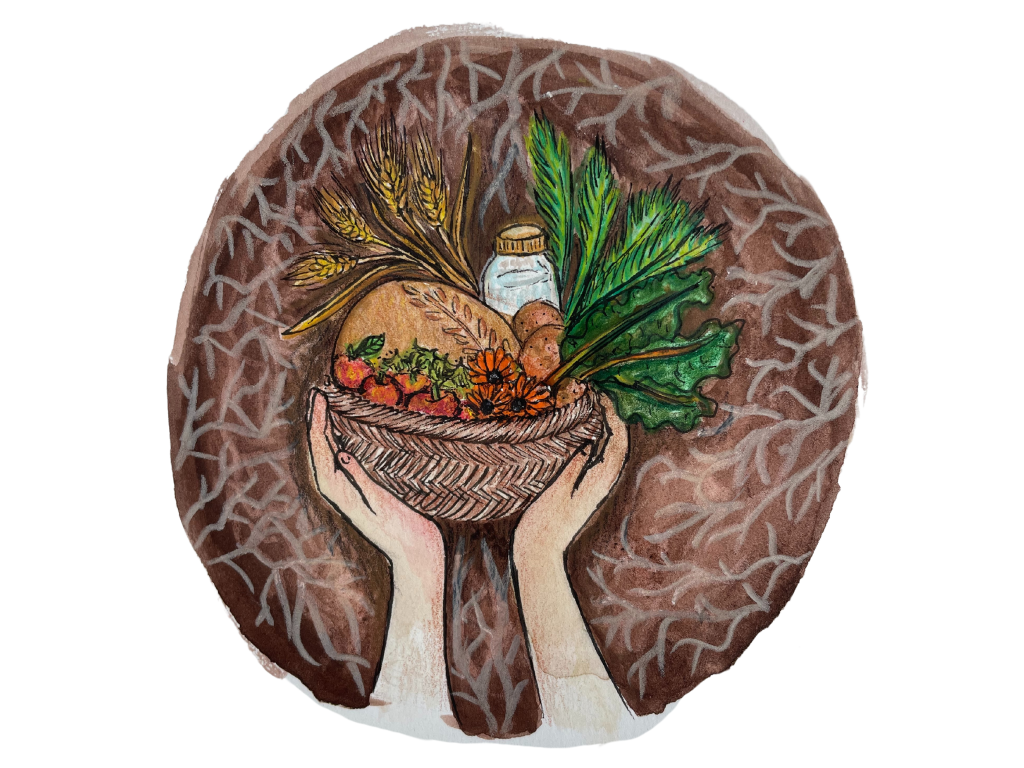
The Reconnecting Food Roots (RFR) program is a unique and place-based UW Study Away program on Lopez Island, located in the Pacific Northwest U.S. The island is the unceded territory of Straits Salish people and has historically served as a breadbasket for the surrounding islands. RFR uses systems thinking to explore the interconnections of food, human and ecological health through the themes of Land, Sea, and Air.
During the program, participants will immerse themselves in island life by eating, living, learning, and working within the local food system. Students will learn from local farmers and food makers at the center of the local food system to understand the interconnection of relationships and food security. By exploring the elements of food production and consumption, students will learn to foster community and support well-being for communities and the land, sea and air. At the program’s end, students will be able to work with food systems wherever they are and think creatively and critically about reciprocity within those systems. Priority application deadline is February 15th!
Learn about the Program and Get Involved
Organizers & Partners
The Reconnecting Food Roots program is led by a team from Lopez Island, University of Washington, and Nottingham University in partnership with Lopez Island growers, farmers, and community members. Partners and Organizers are committed to building community and connections across generations and geographies through this program.
Organizers:
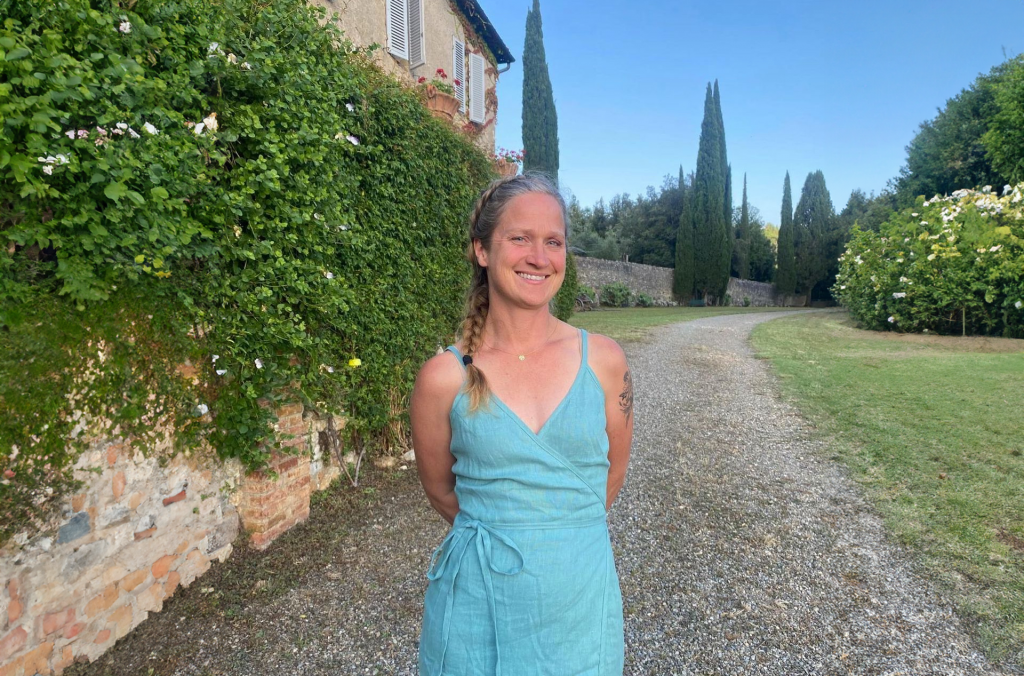
Kerry Reding – Co-Director & Educator
Kerry Reding, PhD, MPH, RN, is a faculty member at the UW School of Nursing and teaches in the RFR program. With a PhD in Epidemiology and post-doctoral fellowships in nutritional research and biobehavioral nursing, her research focuses on lifestyle interventions to improve the well-being of cancer survivors. She currently teaches undergraduate and graduate courses in the School of Nursing, including quantitative research methods and a health information literacy class that helps students become better consumers of health information.
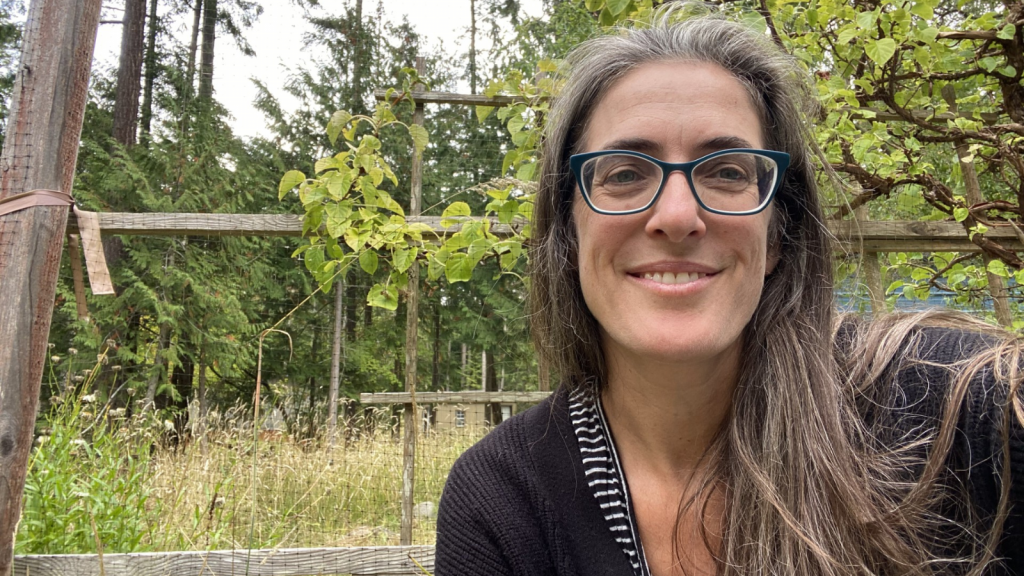
Lesley Steinman – Co-Director & Evaluator
Lesley Steinman, PhD, MSW, MPH, is a community-engaged researcher at the University of Washington Health Promotion Research Center. She partners with communities, organizations and policymakers to develop, deliver and sustain programs to improve health equity. A new resident of Lopez Island, she is excited about connecting UW, students, and the island food system.
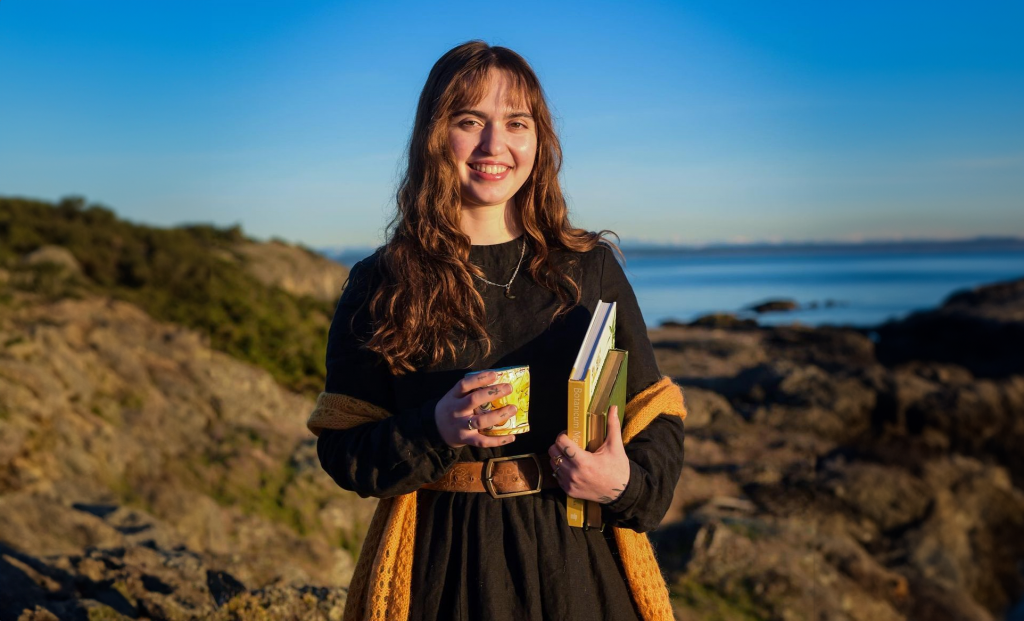
Juniper Blomberg – Program Coordinator & Social Media Manager
Juniper Blomberg is an artist and sewist born and raised in the San Juan Islands who draws inspiration from her ancestors and the places she comes from. With a background in food service, she aims to create a sustainable future through the RFR program. For this project, Juniper brings her lived experiences in the local food system and hopes to help people appreciate and enjoy their local food systems.
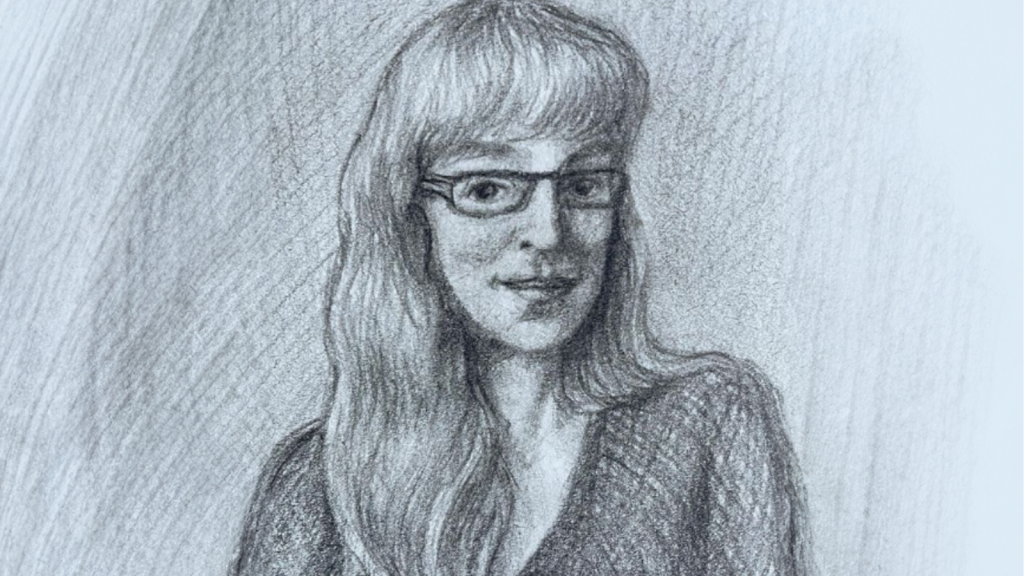
Katja Lehmann – Convener & Educator
Katja Lehmann is a creative director with over two decades of experience, having worked on major opera productions across Europe and independent projects. Holding a DPhil in microbiology from Oxford, she researches environmental microbial communities at the University of Nottingham and teaches both bioinformatics and Argentine tango. In the RFR program, she serves as a convenor, organizer, and educator, connecting artists and scientists to address environmental challenges.
Partners
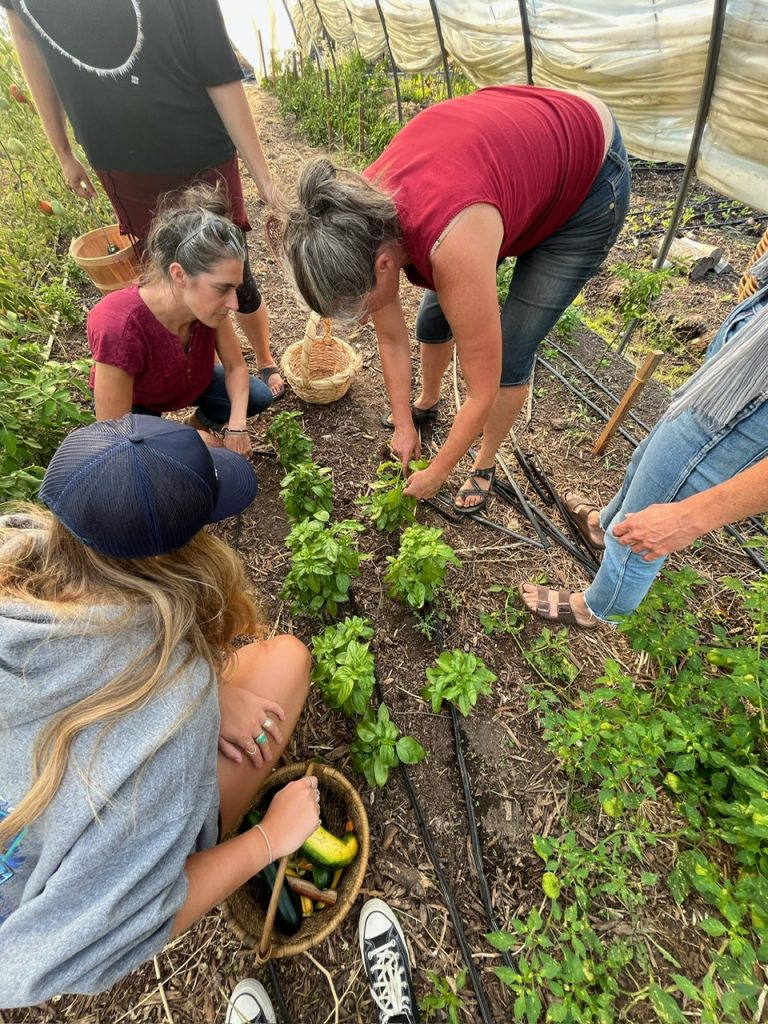
- Barn Owl Bakery | Sage Dilts & Nathan Hodges
- Hidden Inlet Oyster Farm
- Holly and Steve Lovejoy
- Island Grist | Steve Lillestol
- Reef Netting | Jack Giard
- Lopez Community Land Trust | Sandy Bishop
- Midnight’s Farm | Faith Van De Putte & David Bill
- Stonecrest Farm & Graziers | Mike McMahon & Meike Meissner
- Sunnyfield Farm | Elizabeth & Andre Entermann
- S&S Homestead | Henning Sehmsdorf & Elizabeth Simpson
- Watmough Bay Farm | Derek Eisel & Abe Gates
Program Details
Learning Goals
- To understand the factors involved in local and Indigenous food production that contribute to a thriving food network
- To evaluate one’s own approach to selection of food for consumption, while understanding the impact on the greater community
- To recognize the role of climate and community health on a person’s well-being and health
- To assess the interconnectedness of human health, community health, environmental health, and climate health
Land
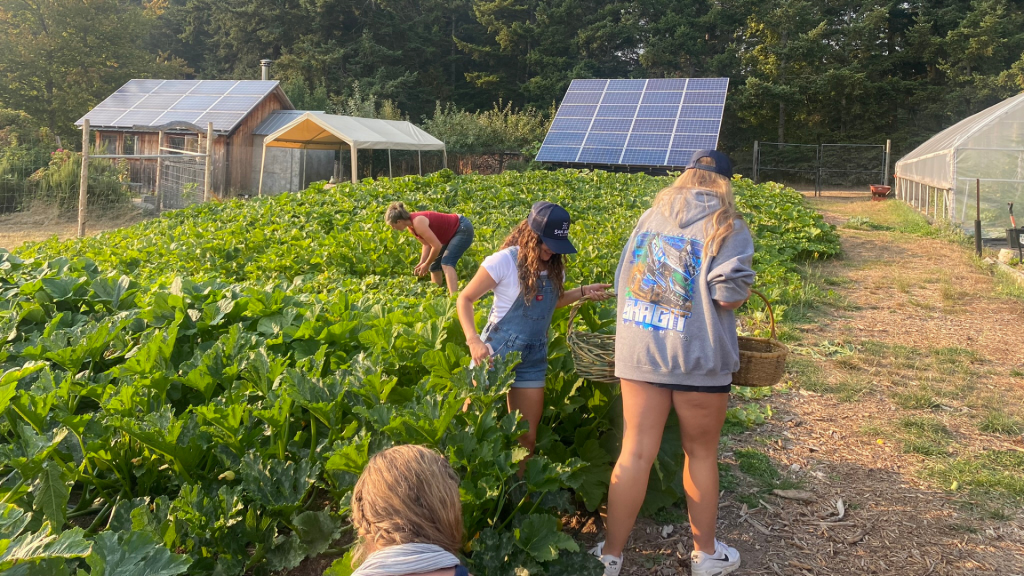
Terrestrial ecosystems, sustainable farming practices and regenerative agriculture affect local food sheds. RFR explores how the health of the land directly impacts human health.
Activities
- Local farm tours
- Observing the process of growing, processing and milling grain to make bread
- Herbal medicine classes
- Preparation and preservation skill sharing
- Fermentation for preserving fruit and vegetables and making bread
- Soil science/listening to explore microbial communities in food, soil, and compost
Sea
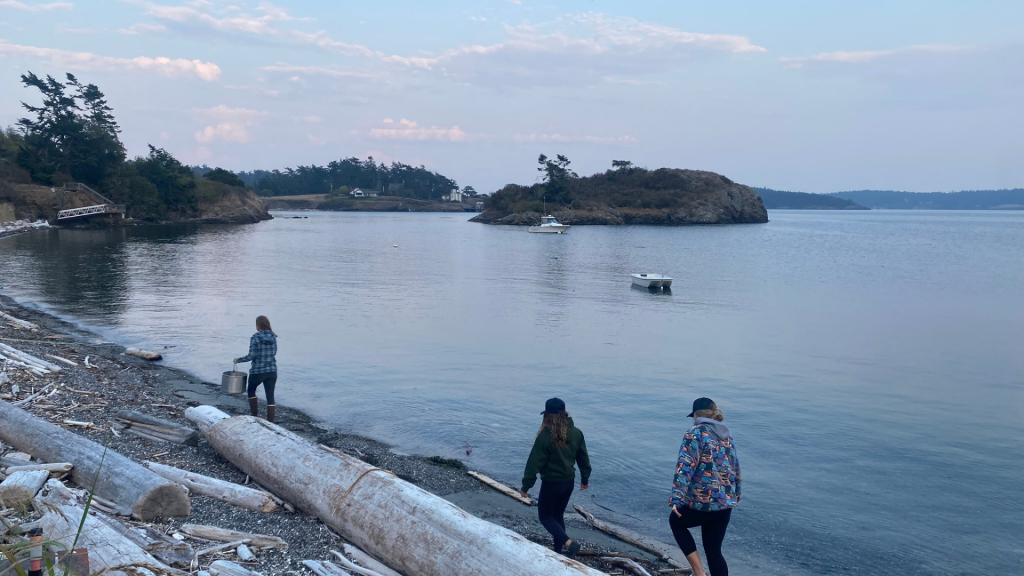
Marine ecosystems are a major food source for people in the region that have been affected by human activities. RFR examines the need for sustainable practices and the preservation of traditional tribal foodways.
Activities
- Smelting, oyster farming, crabbing and procuring salmon from reef boats
- Preparation and preservation skill sharing
Air
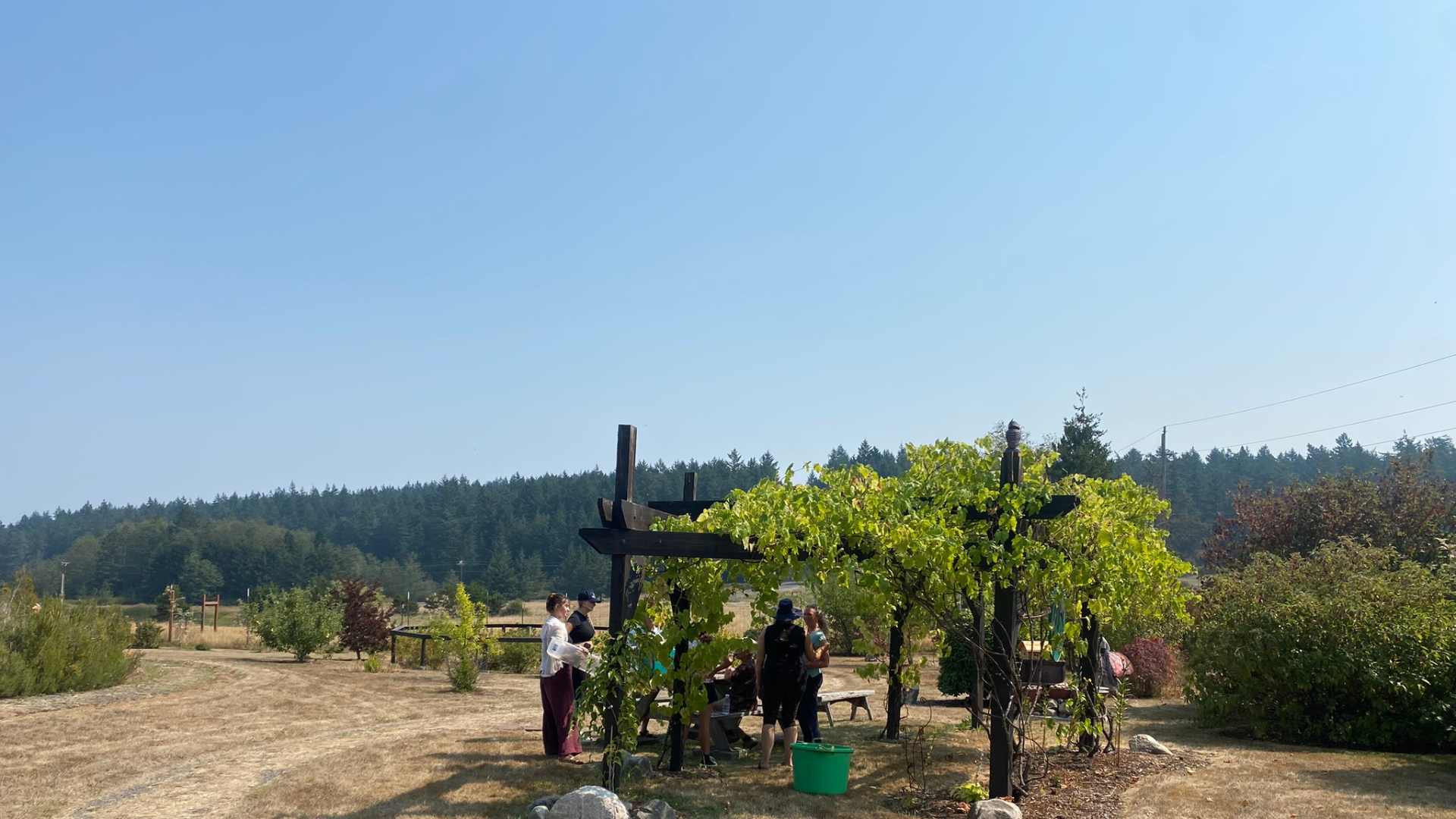
Climate impacts both marine and land ecosystems. RFR focuses on solutions that recognize the deep connection between food and the overall health and well-being of people and the planet.
Activities
- Storytelling and community building
- Interactive workshop to learn about climate health causes and effects
- Creative and collaborative problem solving for climate health solutions
Join & Support Us
The Reconnecting Food Roots program aims to build community and provide experiential learning with, for, and in a small island community, which works on living its values of reciprocity, sustainability, and justice through its food system. RFR provides an opportunity for college students to access more affordable educational experiences in their own backyards. The program is designed with the most pressing issues in mind – strengthening youth belonging and social connectedness, and striving towards climate justice, equity and inclusion through partnership with local community, tribes, and lands. RFR also provides a vehicle for connecting the Lopez Island community with the UW community on island and across the state as part of a shared food system. While the UW and program tuition covers some of the costs, building a new program that is accessible to all requires your support!
